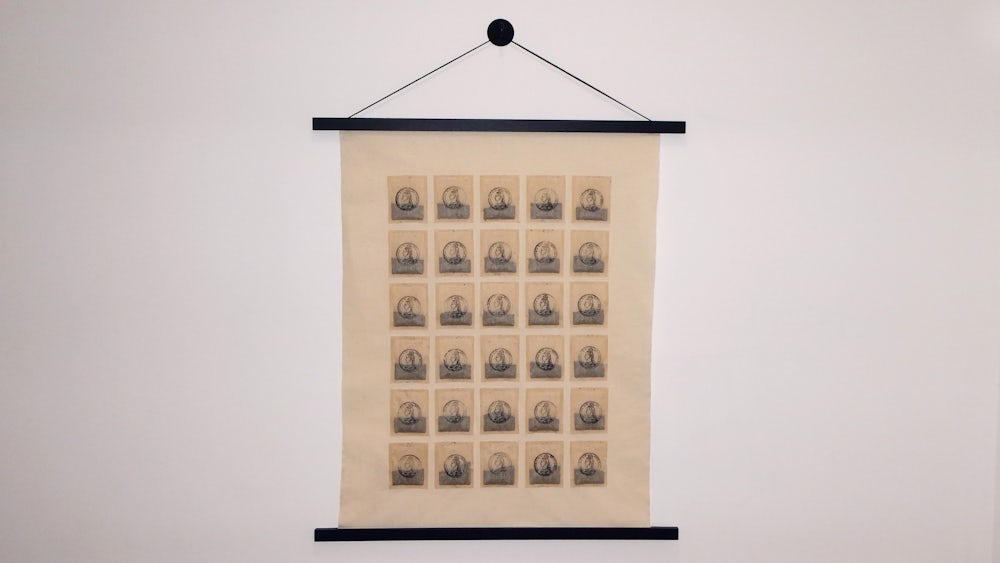Despite its noble traits, tea is imbued with the oppression brought by British colonialism and has been used as a pretext for several wars. In the 1830s, the first tea estates were established in Assam, a province of India and part of the British Empire. This event turned out to be an incredible opportunity to relocate tea cultivation to an area under British control. By the turn of the 20th century, Chinese tea had almost completely disappeared from the market, whilst Indian tea became firmly established. As a consequence, the Britons made huge profits from their Indian tea plantations, whilst local inhabitants suffered under an indenture system that bound workers to plantations under a penal contract.
For a long period, tea remained an essential item in Britain's global trade, contributing to its dominance and to the globalisation of tea itself. Critically tracing how tea’s history inextricably to colonialism, in my project I draw attention to the injustices behind one of the most recognisable symbols of ‘Britishness’. In order to expose these truths, I use tea as a medium and more specifically, the tea bag, which is recognised as a symbol of British tea culture all over the world. Associated with this will be the figure of Queen Victoria, who was at the head of the British Empire during its rule in India. By the act of stamping the Queen's effigy on tea bags, I critically refer to how the British Empire appropriated the resources of colonised countries to further its power in the world.




